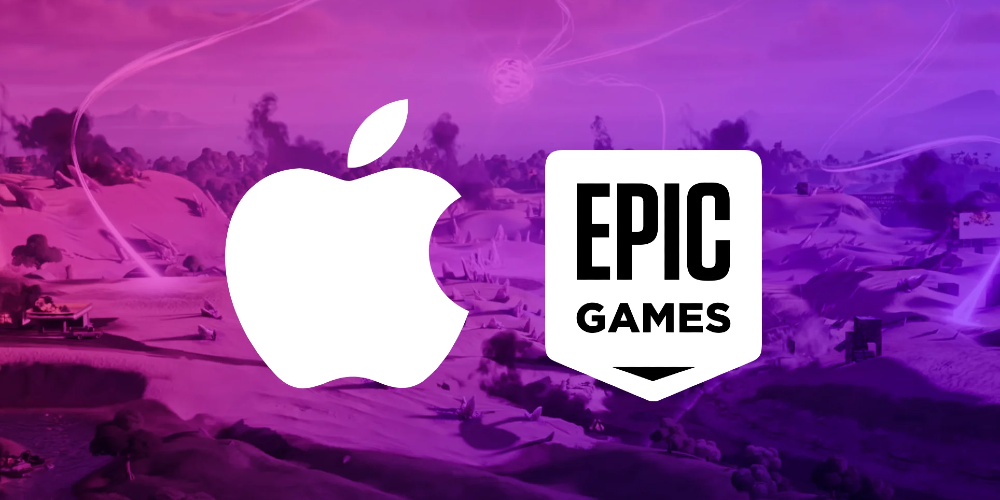The Multimillion-Dollar Clash: Epic Games vs. Apple’s Legal Fee Showdown
- 2024-01-17 00:05

In the high-stakes world of corporate legal battles, the dust has settled on the field between two tech titans: Epic Games and Apple. The tussle that once gripped headlines has now boiled down to a staggering financial figure: a $73 million legal fee. This sum, which is a byproduct of a protracted three-year legal skirmish, has fallen on the shoulders of Epic Games, the developer behind the sensational game Fortnite, and one that dared to challenge Apple's App Store hegemony.
The complexities of this legal saga are manifold, but at its core, the issue revolved around Epic Games' attempts to bypass Apple's payment system within their App Store, which led to Fortnite's expulsion from the platform. The subsequent legal tussle saw both parties digging in their heels over issues concerning market monopolies and the freedom of software distribution. After a series of courtroom face-offs, the outcome was far from a clear-cut victory for either side. Yet, in the aftermath, it is Epic Games that is now encumbered with a hefty legal tab.
It's noteworthy that Epic Games isn't footing the entire bill for Apple's legal expenses. Initially, Apple's legal fees totaled almost $83 million, but a 10 percent discount was applied, acknowledging the partial victory Epic Games achieved in one out of the ten counts. This small concession does little to mitigate the overall finances of Epic Games, which still faces a considerable payout. The final amount is pending a court hearing set for March 2024, which could further adjust the fee and add additional costs incurred during the ongoing litigation process.
This financial outcome paints a grim picture for Epic Games. Not only is Fortnite still absent from the App Store — with prospects of its return looking bleak — but the company must also reconcile with a monumental legal fee. This situation serves as a cautionary tale within the tech industry, demonstrating the costly risks of challenging the entrenched policies of tech behemoths like Apple. It's a stark reminder that even a company as formidable as Epic Games can be left reeling from the aftershocks of a legal confrontation with one of Silicon Valley's giants.
As the final gavel sounds on this epic (no pun intended) legal confrontation, the implications reverberate beyond the courtroom. This case has set a precedent that may influence how other companies navigate their relationships with dominant platform holders like Apple. While the conclusion of this saga has certainly not favored Epic Games, it underscores the enduring conversation about fair competition and market control in the digital age. Only time will tell what long-term impact this multimillion-dollar dispute will have on the industry at large.





